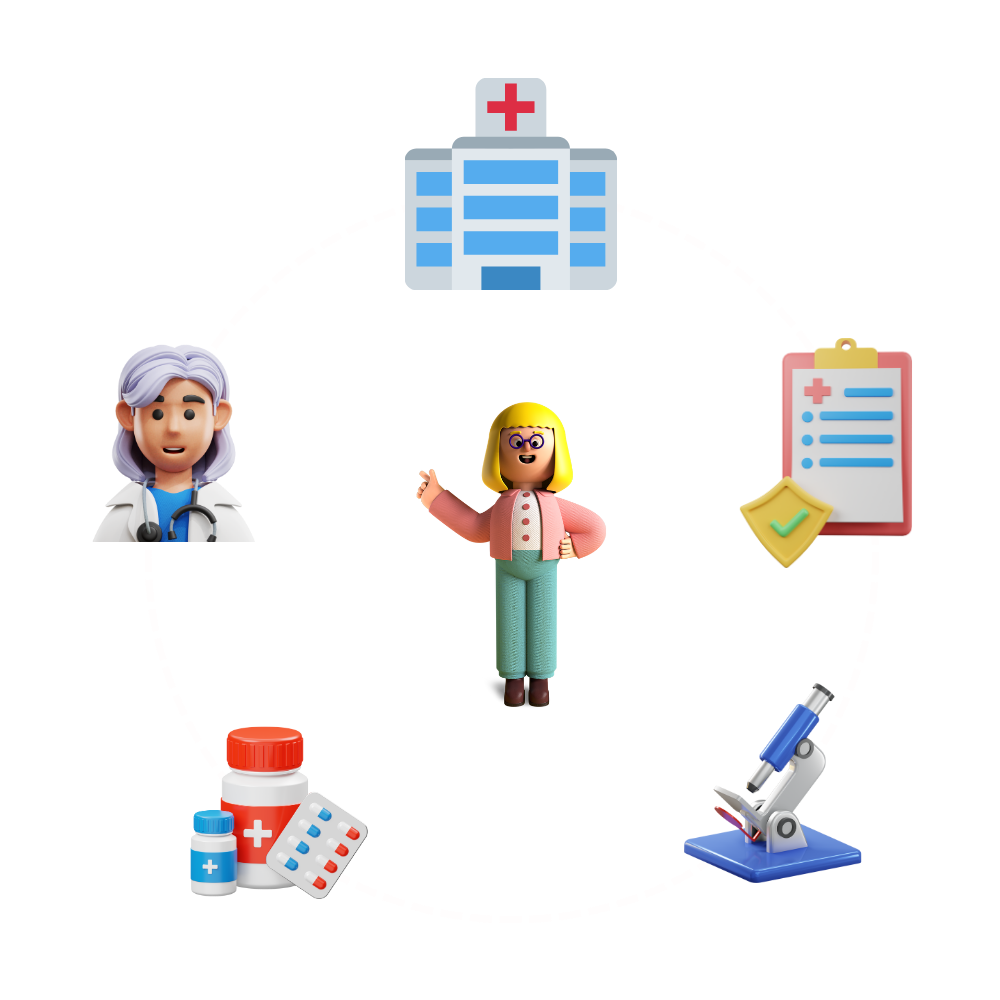A neurology hospital is a medical facility that specializes in the diagnosis, treatment, and management of conditions that affect the nervous system. Neurology is a branch of medicine that focuses on the brain, spinal cord, nerves, and muscles. Neurology hospitals are staffed by neurologists and other healthcare professionals who are specially trained in treating neurological conditions.
Some examples of common neurological conditions treated in a neurology hospital include:
- Epilepsy, Parkinson's Disease, Multiple Sclerosis and other movement disorders
- Stroke and other cerebrovascular conditions
- Dementia and cognitive disorders
- Headache and Migraine
- Neuromuscular disorders such as Myasthenia Gravis and ALS
- Sleep disorders
- Peripheral neuropathy
- Traumatic brain injury
A neurology hospital typically offers a wide range of services, including:
- Diagnostic tests, such as EEG, MRI, and CT scans
- Treatment options such as medication, physical therapy, and surgery
- Rehabilitation and Physical therapy services
- Pain management services
- Monitoring and managing patients with neurological conditions who are hospitalized
- Collaboration with other healthcare professionals, such as neurosurgeons, primary care physicians, and physical therapists to provide comprehensive care.
Overall, a neurology hospital is a medical facility that specializes in the diagnosis, treatment, and management of conditions that affect the nervous system, staffed by specially trained healthcare professionals. They help patients to recover from injuries, manage chronic conditions and improve the quality of life for people with neurological disorders.
 Drlogy
Drlogy







